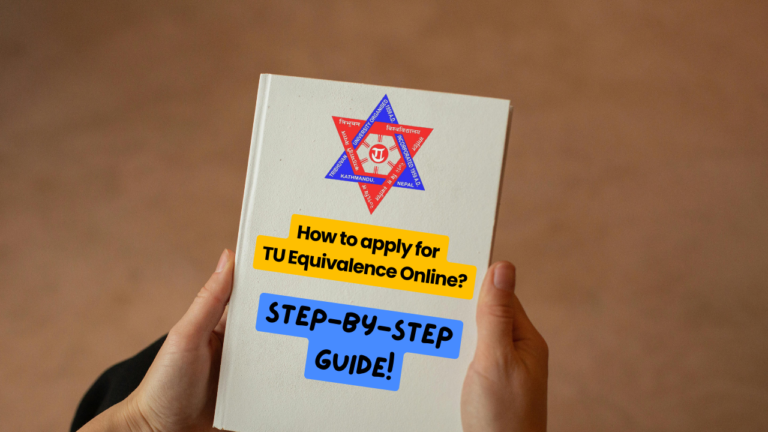As you prepare for this exciting journey to study in India, it’s essential to equip yourself with practical tips that go beyond the generic advice. Studying in India is a transformative experience, offering a unique blend of academic excellence and cultural immersion. In this guide, we provide realistic insights for international students planning to study in India, ensuring a seamless transition and a fulfilling academic experience.
Master Basic Hindi Phrases:
While English is widely spoken, knowing basic Hindi phrases can enhance your daily interactions and contribute to a smoother integration while you study in India. This effort will not only ease communication but also earn you the respect and warmth of the locals.
Navigate Public Transportation in India:
India’s cities can be bustling, but public transportation is a cost-effective and efficient way to explore. Familiarize yourself with local buses, trains, and ride-sharing apps like Ola and Uber for convenient and safe travel while you study in India.
Understand Academic Expectations in India:
Indian education emphasizes discipline and academic rigor. Be prepared for an intense workload and establish a good relationship with professors. Respect for educators is highly valued in Indian culture, contributing to a positive academic experience.
Embrace the Concept of "Jugaad" in India:
Jugaad, meaning innovative and resourceful problem-solving, is ingrained in Indian culture. Be adaptable and open to finding creative solutions to challenges that may arise during your stay.
Thoroughly Research Your Chosen Academic Stream:
India is known for its strong emphasis on STEM (Science, Technology, Engineering, and Mathematics) courses, particularly computer science. However, the quality of education may vary across different streams and institutions. Before finalizing your decision, thoroughly research the reputation of the universities offering your chosen field of study. Seek insights from current students, alumni, and online resources to make an informed choice.
Obtain Aadhar Card and PAN Card:
To facilitate various aspects of your stay, consider obtaining an Aadhar card and PAN card. The Aadhar card, a unique identification number, is essential for various services, including opening a bank account. Many colleges assist international students in obtaining Aadhar cards by providing a bonafide letter. Additionally, a PAN card (Permanent Account Number) is required for financial transactions and is advisable for a smoother stay in India.
Familiarize Yourself with Currency Exchange:
Understanding the currency exchange process is vital for managing your finances effectively. Research the current exchange rates, and consider opening a local bank account for seamless transactions. Many banks have special schemes for international students, offering tailored services and assistance.
Stay Connected with Local Student Groups:
Most universities in India have active student communities that organize events, workshops, and cultural activities. Joining these groups not only provides an excellent platform to make friends but also helps you integrate into the local student culture. These communities often offer support and guidance for international students.
Learn About Local Etiquette:
Cultural norms and etiquettes can vary widely. Take the time to familiarize yourself with the local customs and etiquette prevalent in your host city. Understanding social nuances will enhance your interpersonal interactions and help you build strong connections with your peers.
Be Prepared for Language Diversity:
India is a multilingual country, and language preferences can differ from one region to another. While English is widely spoken, learning a few phrases in the local language can go a long way in fostering connections. Additionally, it showcases your interest in and respect for the local culture while you study in India.
Heading to study in India? Get ready for an exciting mix of academics and cultural exploration. These additional tips will help you smoothly adjust to life and studies in this diverse nation. And if you’re a Nepali student eyeing education in India, check out the video for a detailed breakdown of the tips we covered.









